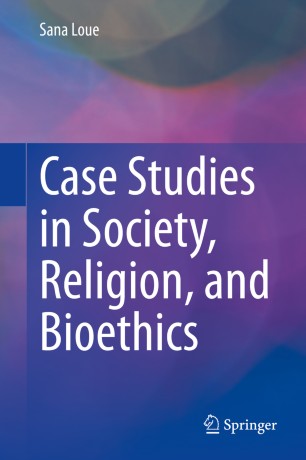

Most ebook files are in PDF format, so you can easily read them using various software such as Foxit Reader or directly on the Google Chrome browser.
Some ebook files are released by publishers in other formats such as .awz, .mobi, .epub, .fb2, etc. You may need to install specific software to read these formats on mobile/PC, such as Calibre.
Please read the tutorial at this link. https://ebooknice.com/page/post?id=faq
We offer FREE conversion to the popular formats you request; however, this may take some time. Therefore, right after payment, please email us, and we will try to provide the service as quickly as possible.
For some exceptional file formats or broken links (if any), please refrain from opening any disputes. Instead, email us first, and we will try to assist within a maximum of 6 hours.
EbookNice Team

Status:
Available5.0
15 reviewsThis book explores, through case studies, the interplay between religion, culture, government, and politics in diverse societies on questions arising in the domain of bioethics. The case studies draw from multiple disciplinary perspectives, including history, theology, law, bioethics, public policy, science, and medicine. The text's global perspective permits a comparison of the differing approaches adopted by countries facing similar bioethical quandaries and the extent to which religion has or has not been instrumental in addressing such dilemmas.
Secular and religious societies across the globe are being confronted with complex questions involving religious belief and the extent to which specific religious perspectives have in the past or should in the future be adopted as official policy. Bioethical issues involving the interplay of religion and government have become particularly notable in recent years. How these issues are resolved has major implications for individuals, healthcare providers, and the future of medical research and medical care.Topics explored among the chapters include:
Case Studies in Society, Religion, and Bioethics will find an engaged audience among researchers and scholars in history, religion/theology, medicine, and bioethics interested in the influence of religion on bioethical decision-making. Students—particularly upper-level undergraduate and graduate students interested in bioethics, humanities, and theology—will find the text helpful in understanding the processes through which religion may serve as a basis for both societal policy and law and individual decision-making in health-related matters.